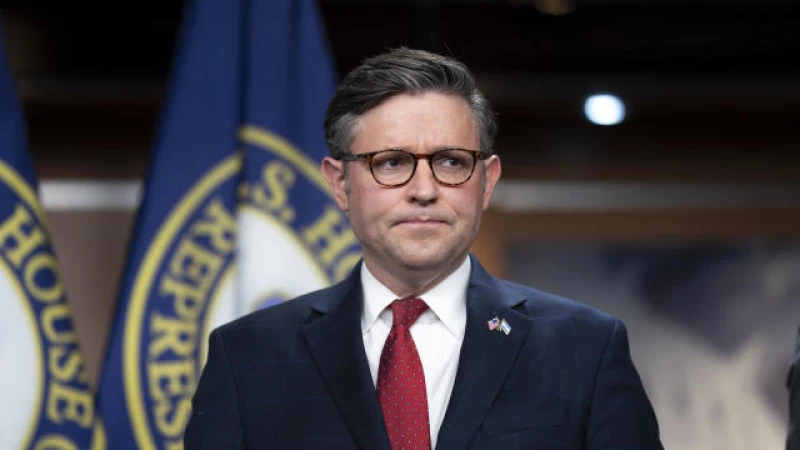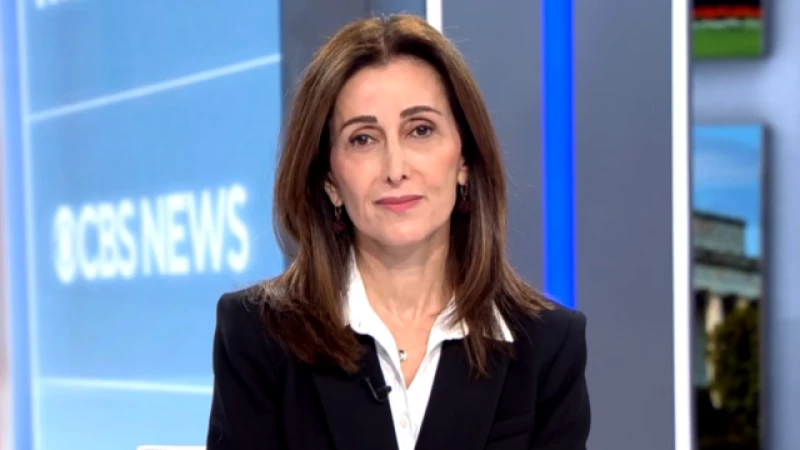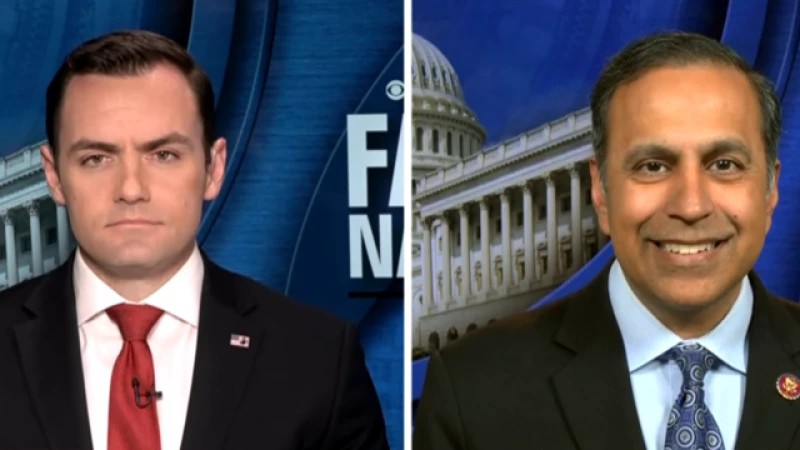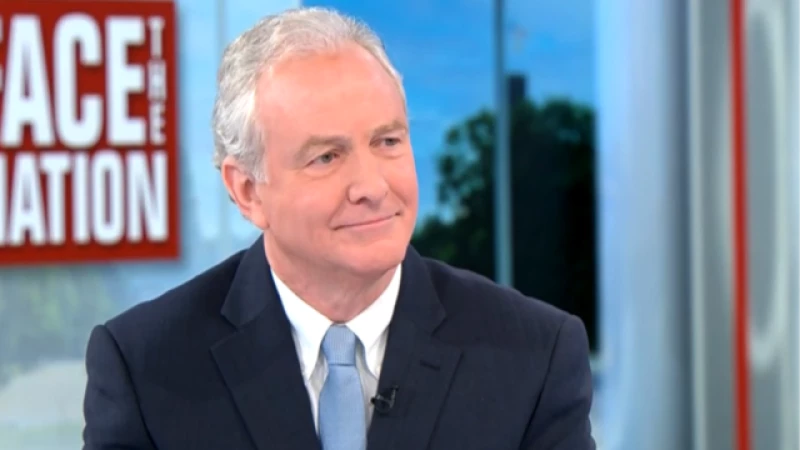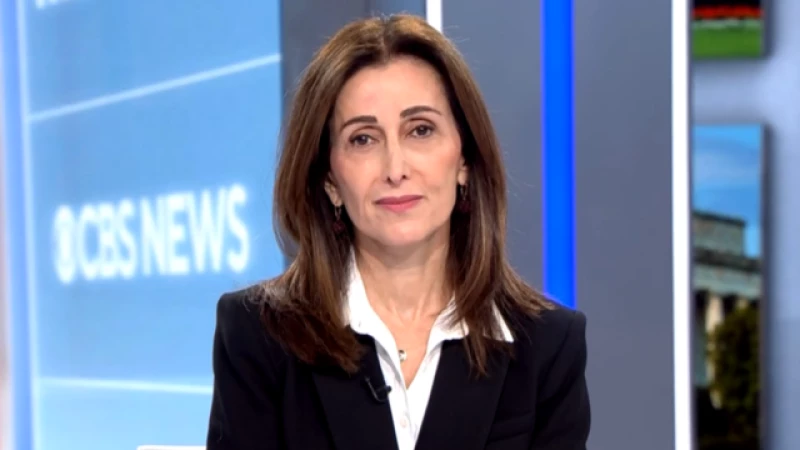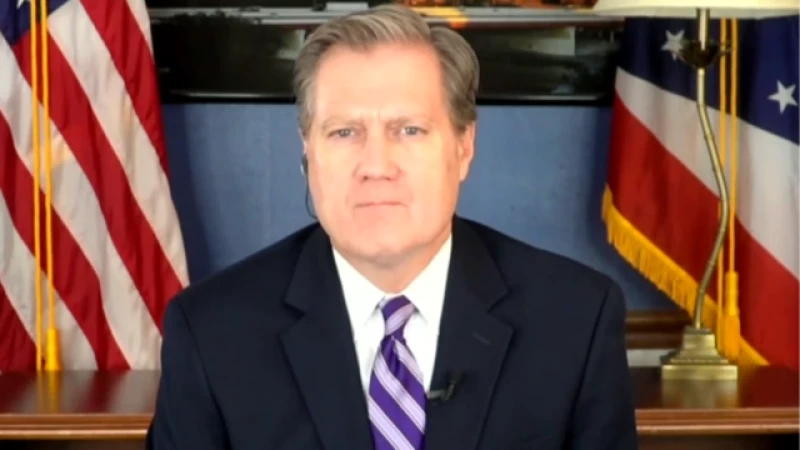Washington — The House is set to vote on Tuesday on a two-step proposal from Speaker Mike Johnson to fund federal agencies into the new year and avoid a government shutdown. This will be the first test for the newly elected speaker, as he will need the support of Democrats to pass the measure.
Johnson introduced his proposal on Saturday, which extends federal funding at current levels for one group of agencies and programs until Jan. 19, and a second group until Feb. 2. The plan, known as a continuing resolution, will be considered by the House under a suspension of the rules and requires the support of two-thirds of the chamber, or 290 lawmakers, to pass.
Due to opposition from conservatives, Johnson, who assumed his role as speaker just three weeks ago, will have to rely on the votes of several Democratic lawmakers to get the measure through the House.
What are the odds of passage? Who opposes the bill and who supports it?
On Tuesday morning, a group of far-right Republican lawmakers announced their opposition to the stopgap measure because it doesn't include spending cuts or provisions to strengthen border security.
"Republicans must stop negotiating against ourselves over fears of what the Senate may do with the promise 'roll over today and we'll fight tomorrow,'" the group said in a statement.
But the lack of additional policy changes, especially those favored by conservative lawmakers, could ensure greater support from House Democrats, who have said they want to avoid a government shutdown and favor a "clean" continuing resolution.
"From the very beginning of this Congress, Democrats have made clear that we are going to find common ground with our Republican colleagues on any issue in good faith whenever and wherever possible, but that we will also push back against their extremism whenever necessary," Democratic Leader Hakeem Jeffries told reporters Tuesday. "That's been the framework approach that we've taken from the beginning. That'll be the lens through which we evaluate the continuing resolution today."
Jeffries said Democrats have some concerns about the bifurcated deadlines in Johnson's plan, but said it's "extremely important" to avoid a funding lapse.
The House Passes Short-Term Funding Package

The House of Representatives has passed a short-term funding package, marking the first major legislation since the appointment of Speaker Johnson last month. This comes after former Speaker Kevin McCarthy was removed from his post due to a deal he made with Democrats to keep agencies funded for 45 days.
All House Democrats supported McCarthy's stopgap measure, which prevented a lapse in government funding. However, this decision faced opposition from far-right Republicans, leading to McCarthy's removal and leaving the House without a speaker for three weeks.
Speaker Johnson is now pursuing a similar funding bill that maintains spending levels and does not include conservative priorities. Despite this, there seems to be less opposition from conservative lawmakers towards Johnson compared to McCarthy.
The Freedom Caucus, while opposing the two-step continuing resolution, has expressed their commitment to working with Johnson and called for "bold change."
Johnson has defended his approach, stating that his laddered continuing resolution will prevent a last-minute omnibus spending package right before the holidays. He believes that this will allow lawmakers to work through the appropriations process in good faith.
"Our priority is to prevent a government shutdown," he emphasized. "The consequences would be detrimental to the American people, including the non-payment of troops. We are fully aware of the impact that would have, so it is our responsibility to avoid it."
No emergency funding for Israel or Ukraine in stopgap measure
Not included in Johnson's funding proposal is emergency assistance for Israel and Ukraine, both of which President Biden had requested Congress to provide following the attack on Israel by Hamas on October 7th. The timing of when Congress will be able to approve the additional funding remains uncertain. However, the speaker stated that approving the short-term funding measure will allow Republicans to engage in discussions regarding necessary oversight for Ukraine aid and to offer assistance to Israel.

